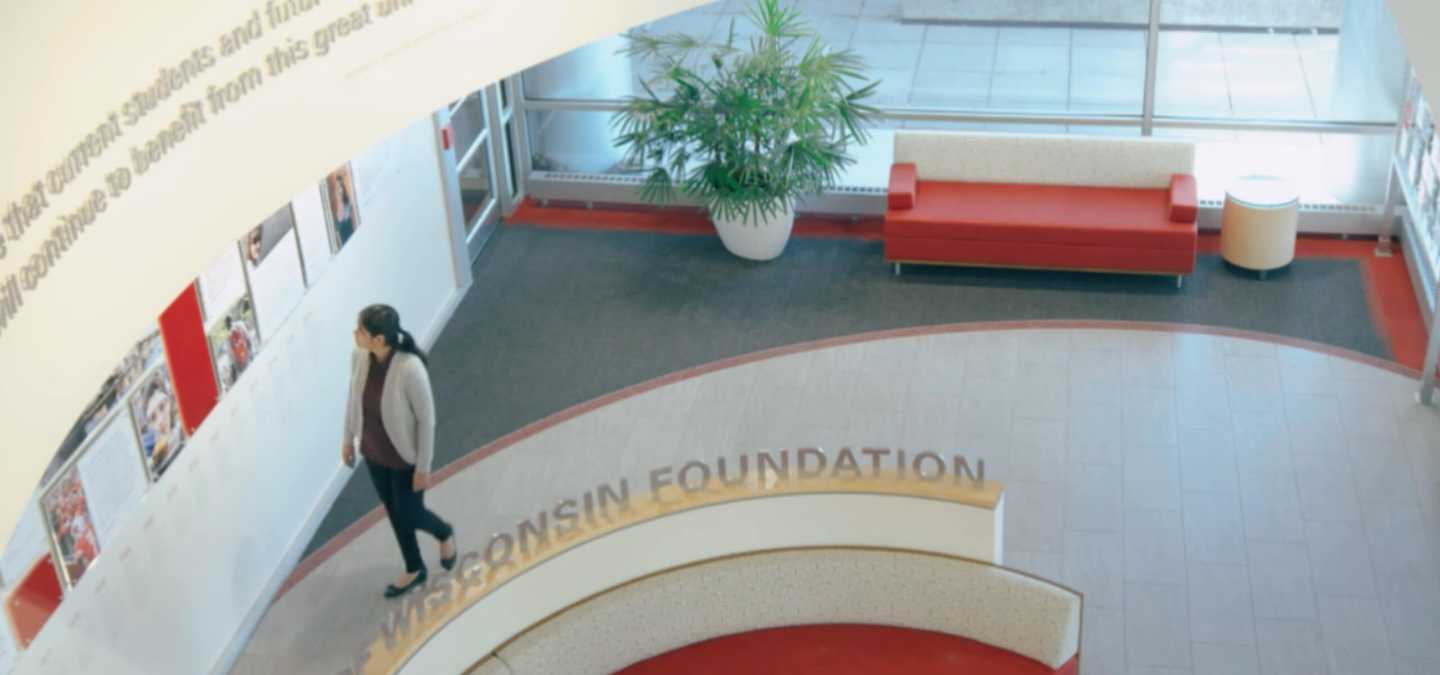
Advancing UW–Madison
Partnering with alumni and friends to move the UW forward
The Wisconsin Foundation and Alumni Association combines the expertise of the University of Wisconsin Foundation and the Wisconsin Alumni Association to strengthen and enhance UW–Madison’s status as a world-class university.

University of Wisconsin Foundation

Wisconsin Alumni Association

Featured Initiatives
Current Openings
Associate Director of Development – University of Wisconsin Law School
The Wisconsin Foundation and Alumni Association (WFAA)*, the private fundraising and alumni relations organization for the University of Wisconsin-Madison is is seeking a development professional to support University of Wisconsin Law School. The Associate Director of Development is primarily responsible for qualifying, cultivating, soliciting and stewarding major gift prospects for the University of Wisconsin Law School. […]
Associate / Director of Development, College of Engineering
The Wisconsin Foundation and Alumni Association (WFAA)*, the private fundraising and alumni relations organization for the University of Wisconsin-Madison is seeking a development professional to support the College of Engineering (CoE). The Associate / Director of Development will be responsible for qualifying, cultivating and soliciting major gift prospects. This development position is an integral part of a […]
Grandparents University Counselors | Summer 2024
Be apart of a great tradition at UW – Madison! The Wisconsin Foundation and Alumni Association is looking for 30 Grandparents University® (GPU) Counselors beginning June 20th! Grandparents University® (GPU) Counselors are ambassadors of WFAA and UW-Madison. They lead participants to campus locations and are available to offer general assistance to participants and GPU instructors. Counselors are […]
2024 Summer Experiential Internship (SEI) Program | June 3rd – August 16
June 3rd – August 16th | Monday – Friday (40 hours per week) The Wisconsin Foundation and Alumni Association (WFAA)* is hiring a group of innovative and collaborative individuals for our PAID, 11-week 2024 Summer Experiential Internship (SEI) program. This is a hybrid position that will require you to work in the office at […]
